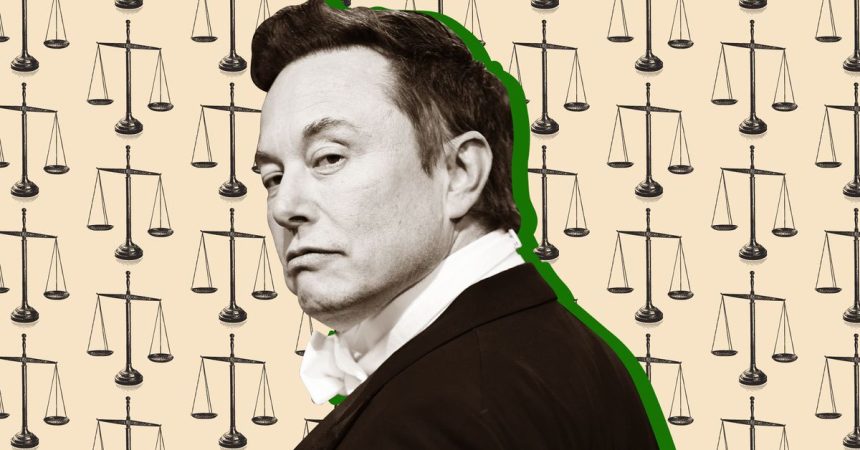In a notable legal development, Elon Musk has escalated his lawsuit against OpenAI by filing a motion on Friday seeking a preliminary injunction to prevent the organization from transitioning into a for-profit model. This request has garnered attention as it comes amid reports of OpenAI’s early-stage discussions with regulators to implement structural changes in line with its shift towards a profit-driven business. Musk’s legal team argues that the alleged self-dealing by CEO Sam Altman could result in OpenAI lacking the necessary funds to compensate for any damages if Musk prevails in his lawsuit. The ongoing tension highlights the complexities of OpenAI’s evolving business model and Musk’s position as a major figure in the landscape of artificial intelligence.
In addition to halting the transition, Musk’s attorneys are pushing for a judicial order to address what they claim are antitrust violations by OpenAI. They allege that OpenAI and Microsoft have coordinated efforts to discourage investors from supporting competitors, a claim that directly references the Sherman Act, which prohibits anti-competitive conduct. The litigation insinuates that this collusion could undermine the competitive marketplace in which Musk operates, particularly with his own AI venture, xAI. Musk’s legal team contends that the detrimental impact of these practices has already been felt, as evidenced by claims that a significant investor who previously participated in funding xAI has subsequently withdrawn their support.
Furthermore, the lawsuit underscores the assertion that OpenAI is improperly leveraging competitively sensitive information gained through its partnership with Microsoft. Musk’s representatives argue that these actions are in clear violation of the Clayton Act, which aims to promote fair competition and prevent anti-competitive practices. The lawyers contend that Microsoft’s influence extends to its board seat, held by VP Dee Templeton as a non-voting member, purportedly facilitating direct coordination in business strategies between the two companies. Such arrangements raise questions about the integrity of competitive practices in the tech industry and the responsibilities of organizations in maintaining a fair playing field.
OpenAI’s position, however, strongly refutes Musk’s allegations. In an official statement, spokesperson Hannah Wong characterized Musk’s lawsuit as the latest in a series of “baseless complaints” that lack substance and merit. This response reflects an ongoing defense strategy by OpenAI to counter what they perceive as unfounded accusations aimed at undermining their business credibility. By categorically rejecting Musk’s claims, OpenAI seeks to affirm its commitment to ethical practices, emphasizing that the lawsuit does not hold water in the context of existing laws governing business conduct in the technology sector.
The outcomes of this legal battle could potentially have significant ramifications for both OpenAI and Musk’s endeavors in AI development. As OpenAI positions itself to adopt a profit-oriented framework, scrutiny surrounding its operational methodologies could intensify. Additionally, the implications of the antitrust allegations, if proven, might serve to redefine the landscape of investment and collaboration among AI companies. The existing alliances and partnerships could be disrupted as existing competitors reassess their business strategies in light of Musk’s claims, raising broader questions about the competitive dynamics within the artificial intelligence sector.
As the case progresses, observers will be keen to see how the court addresses Musk’s claims and the defense put forth by OpenAI. If the motion for a preliminary injunction is granted, it could halt OpenAI’s transition and further complicate its business plans. Conversely, a dismissal of Musk’s claims may reinforce OpenAI’s trajectory towards profitability and establish a legal precedent for the operational latitude of AI companies when navigating competitive relationships. The outcome of this dispute could potentially shape the future of AI innovation, investment, and the ethical considerations of technology commercialization in an increasingly interconnected and competitive market.



